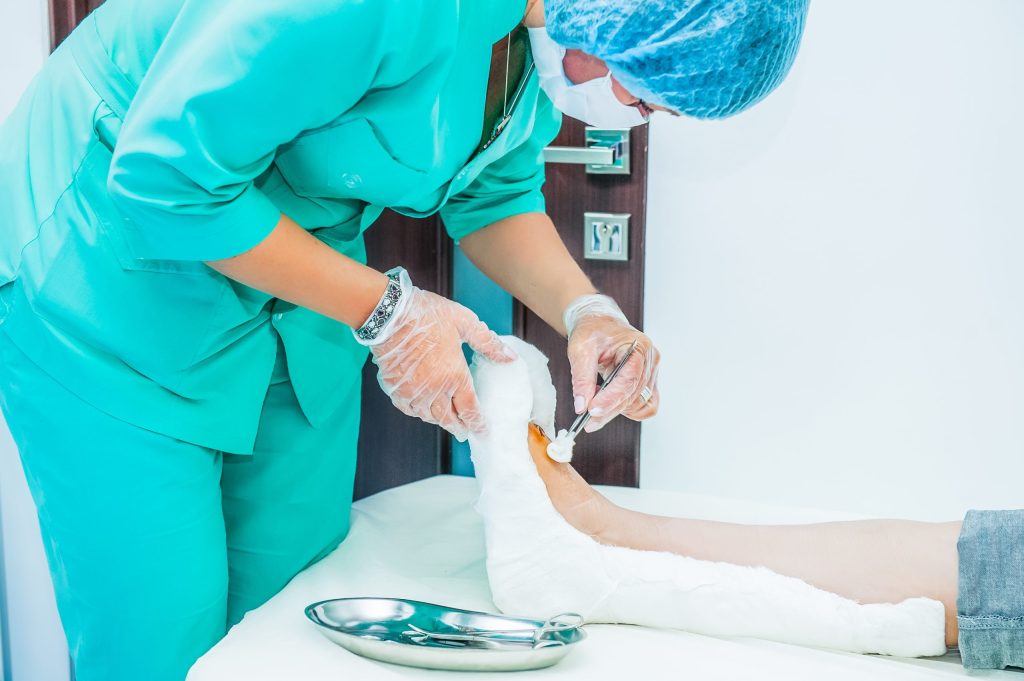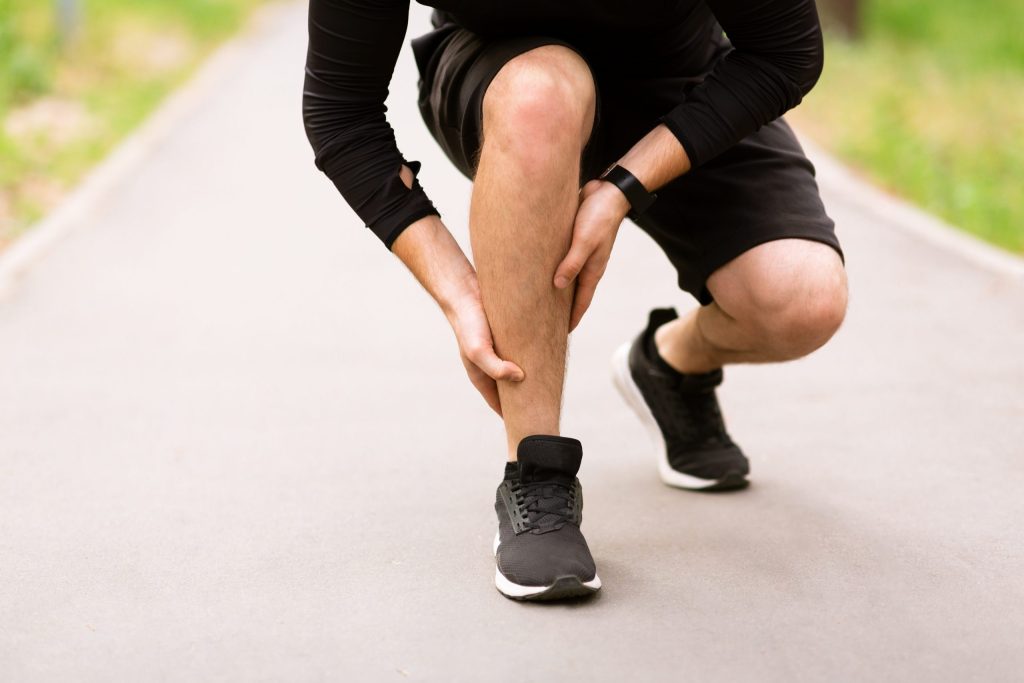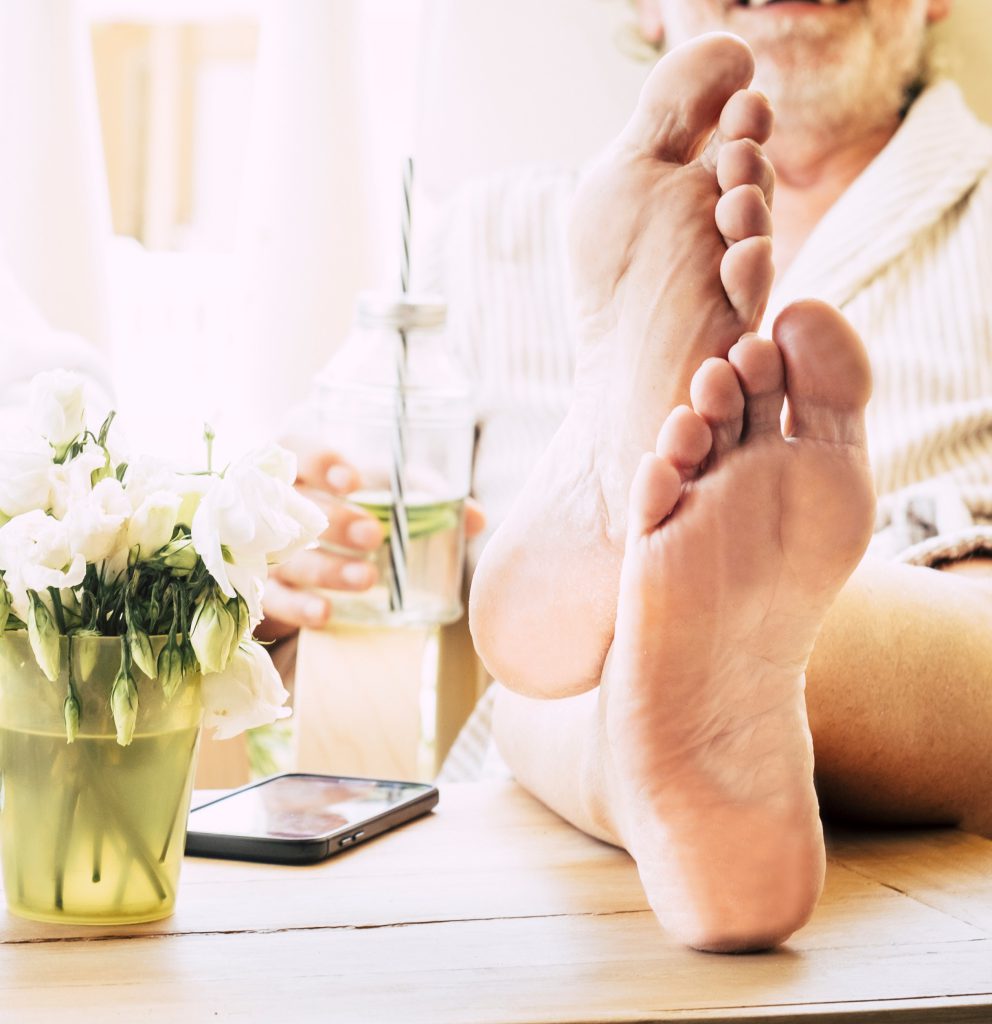Foot ulcer! What you need to know
Foot ulcers may take several weeks or months to heal and can occur for simple reasons such as walking barefoot, poor foot hygiene, or severe dry skin, but the ulcer can deteriorate and become infected and in rare cases can lead to gangrene or amputation! Foot ulcer symptoms Symptoms often include leg swelling, burning, or itching, as well as a rash, redness, brown discoloration, or dry, scaly skin. Foot ulcer treatment Before the doctor prescribes the appropriate treatment for you, he will need to do a complete examination, including asking about your medical history, examining the blood circulation and nerve supply to your feet, and according to the condition of the ulcer, the duration of your infection, and its cause. The doctor may remove hard skin or dead tissue to help heal the ulcer, know its size, reduce pressure on the ulcer, and can also rid you of any infection. Then he will cover the sore with an appropriate bandage. Also, antibiotics will be prescribed in case of infection based on the severity of the infection. Ulcer care at home Keeping the wound clean and dry Change the bandage according to the doctor’s instructions Drink plenty of fluids Eat a healthy diet Wearing the right shoes Advice for the patients Gently wash your legs and feet every day with mild soap and lukewarm water. Dry your skin and feet, especially between the toes. Check your legs, the top and bottom of your feet, and between your toes for blisters daily. Apply a moisturizing cream to prevent the skin from drying out and cracking, but avoid applying it between your toes or on areas. Trim your nails regularly. Keep your feet comfortable and healthy. People with diabetes should visit the doctor periodically and control their blood glucose levels. Quit Smoking. Keep foot bandages dry. Visit the podiatrist when there is any problem. Avoid staying in the same pose for a long time. Complete your antibiotic course. Consult your doctor before stopping any medication. Prevention Taking the following steps can help prevent the condition from getting worse: Quitting Smoking Controlling blood pressure Maintaining blood cholesterol and triglyceride in healthy levels Reducing the amount of salt in your diet Maintaining a normal level of the blood glucose Playing sports Losing weight if you are overweight You can also learn more about foot care tips from here.
Foot ulcer! What you need to know Read More »





